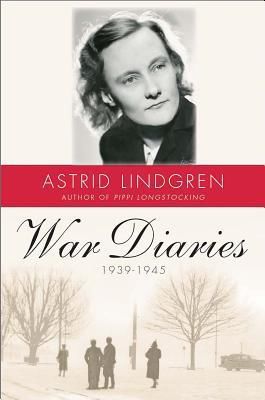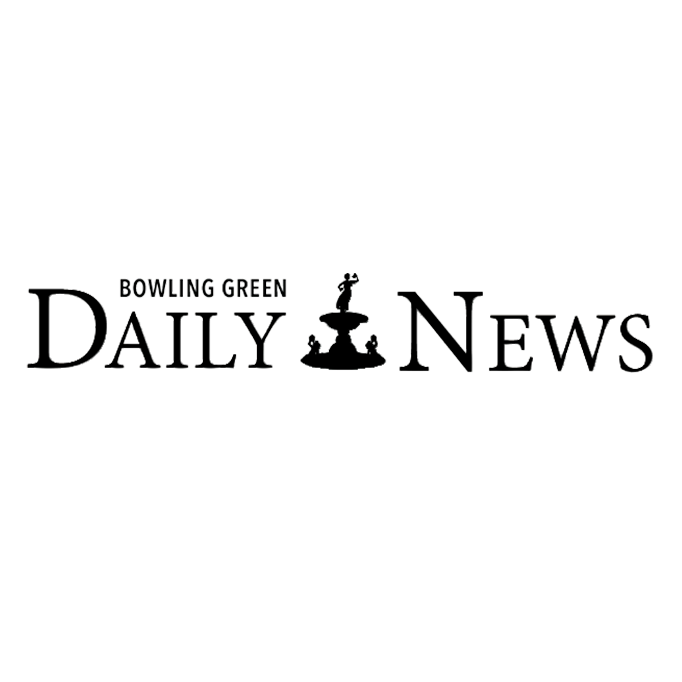Book review: ‘War Diaries’
Published 12:00 am Sunday, September 3, 2017

- Book review: 'War Diaries'
“War Diaries, 1939-1945” by Astrid Lindgren, Translated by Sarah Death. New Haven: Yale University Press, 2016. 240 pages. $30.
“Before she became internationally known for her Pippi Longstocking books, Astrid Lindgren was an aspiring author living in Stockholm with her family at the outbreak of the Second World War. The diaries she kept throughout the hostilities offer a civilian’s, a mother’s and an aspiring writer’s unique account of the devastating conflict. She emerges as a morally courageous critic of violence and war, as well as a deeply sensitive and astute observer of world affairs. We hear her thoughts about rationing, blackouts, the Soviet invasion of Finland and the nature of evil, as well as of her personal heartbreaks, financial struggles and trials as a mother and writer. Posthumously published in Sweden to great international acclaim, these diaries were called in the Swedish press an ‘unparalleled war narrative,’ ‘unprecedented’ and a ‘shocking history lesson.’ Illustrated with family photographs, newspaper clippings and facsimile pages, Lindgren’s diaries provide an intensely personal and vivid account of Europe during the war.”
Trending
From the moment I began this story, I was entranced at the detail, enabling me to look at a piece of history in a way that was completely new. While I have seen small accounts of WWII and read “The Diary of Anne Frank,” this is a completely new take on this era. Astrid Lindgren began a diary as soon as war broke out in other countries, knowing it would be momentous after having gone through WWI, but not knowing just how long that it was going to last or what would happen. She began stocking up on items, knowing rationing would follow, and bought extra clothes and shoes. Experiencing the news with her, which in the beginning she diligently kept track of, provided a new perspective.
Astrid often talks about her own life as a mother, wife, family member and working woman. She mentions the war and ponders what the future will be like for her children. Worry creeps in about rationing and food, and yet she is always aware that they are doing very well for a family during wartime, and that Sweden itself was doing incredibly well when it came to food and other supplies during the war. Often she mentions the guilt she feels for how well they are doing, or how angry she and other citizens are that Sweden is not taking more of a stand against the Germans. Sweden let German troops on leave travel through its country, and while Astrid was sometimes angry about this, she often thought about how staying neutral had benefited Sweden greatly and allowed it to send aid to the Allies.
Astrid often mentions and reacts to the clippings that she has included in her diaries. The one thing I really wanted while reading this would have been to see the clippings. I understand that they were not in English, but often she talks about pictures that she included, and other items that we were not able to experience or see. I would have liked more than just the titles of the clippings that were in her diary. I also think that I now would like to know more about Astrid herself. I do not know much about her past from what she wrote in the diary, and think that it would be very interesting to learn more about her life. She hints at things that are going on, or issues she is having, and it is just enough to leave me curious.
The thing that brings this diary so close to home is Astrid talking about her children. Her daughter Karin was often sick, and at one point Astrid says that she no longer cares about the war or any of it, she is just worried about her daughter. It speaks volumes about how much a person can worry, and how we can only carry so much of it. Knowing the horrors she was hearing and reading at work, Astrid was still a mother. She occasionally felt guilty, but sometimes our personal troubles are so close to home they consume us first, which is only natural. I sympathized with Astrid for the things she had to go through, but also because she knew many things working as a censor for the post office that other people could only imagine in their nightmares. Not only did we see Astrid worry about her children, but we also see hints of her having problems in her marriage, of her trying to begin her writing career and have things published, and of her family life. It is intriguing to see a firsthand account of the war mixed with such normal worries and activities.
Astrid also struggles with the concept of good and evil. She often mentions how much she hates Germany, as does the rest of the world, and how frustrating everything is. Hope that the war will end soon is often decimated, and then renewed. At one point, she wishes Germany would be bombed to end it, but then thinks that surely not all Germans can be evil. This diary showed us the struggle we have with trying to understand things we believe should never happen. How could a country want to kill so many people for being different? How could they kill innocent women and children? Astrid tries to come up with explanations or theories, but eventually just wishes that Hitler would be killed.
Another interesting thing to note within her diaries is her hatred of Russia. As news trickled in, and Lindgren was able to read stories in letters at the post office, she heard more and more horrible things the Russians were doing, and the acts they committed as they tried to take over countries. She claims she would rather be under German control than under the Russians, and from the history, I do not think I could disagree. It is interesting to see how rumors and news trickled in, and how much different it would be today.
Trending
I wish I could thank Astrid Lindgren for keeping these diaries and for understanding the importance of what was occurring. She marks major holidays, and wishes for the war to end. She shares with us her dreams and hopes, and remarkable insight into a tragic time. If you have any interest in World War II, this would be a great read for you. If you just likes diaries, the same goes, and for those who love her written works, this is a must read as well.
– Reviewed by Fallon Willoughby, School of Professional Studies, Western Kentucky University.






